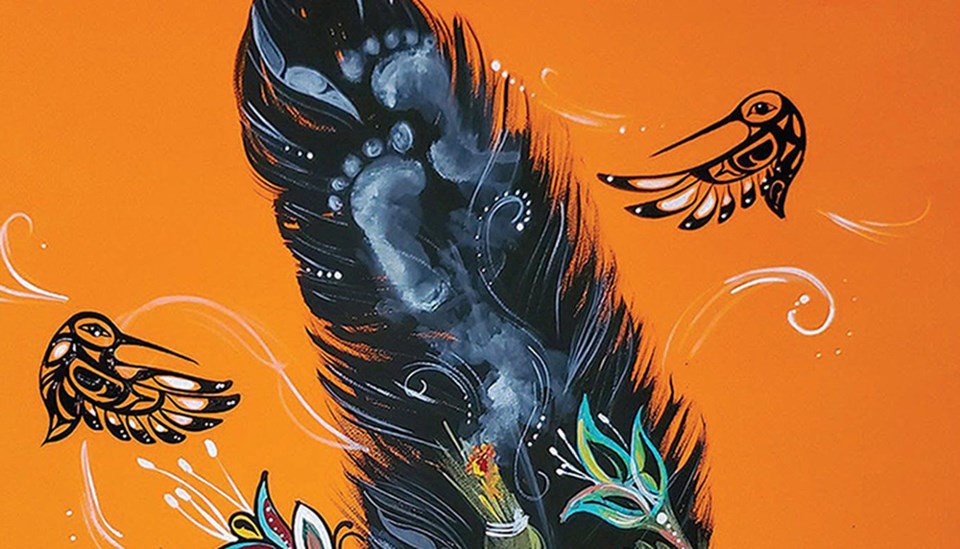Last week’s editorial brought out all sorts of online comments that were racist and they were deleted from our website. Hate speech is not protected speech.
Perhaps I’m speaking from my privileged white middle-aged male platform or just call me naïve but I continue to believe people can make racist comments without actually being a racist. People with good intentions or just a lack of knowledge say things all the time that they later regret. To me, it comes down to effort. If non-Indigenous people are willing to recognize and apologize for things they said that were racist or could be seen as racist and are trying to be better by educating themselves, that sounds more like an anti-racism ally than a racist, at least to me.
Some Prince George residents don’t want to try to understand and appreciate Indigenous culture. Some don’t want to try to learn to say words like Dakelh, the language spoken by Indigenous peoples in the central and northern B.C. Interior. That’s bizarre considering non-Indigenous people, racist or not, speak so many Indigenous words already, like Canada, Ottawa, Toronto and place names across B.C. and Western Canada. Why is it so hard to learn a few more, particularly the ones spoken by your Prince George neighbours?
Some have gone so far as to call the written form of Dakelh and other Indigenous languages as “made up” and “fictitious” because they are based in an oral tradition and weren’t in a written form before colonization.
To call the written form of any language not your own is racist. All languages start from an oral tradition and the written form always comes later. There are plenty of other languages that use the "English" alphabet, so just because Indigenous languages are using this alphabet as a base doesn't make it illegitimate.
Furthermore, spelling and pronunciation are completely arbitrary, as a word like neighbour/neighbor (the British/Canadian and American spelling) clearly shows. For English speakers and readers, ask yourselves how do you know how to say that word properly? It sure doesn't work phonetically. You learned it and now you think nothing of it. You can do the same with Indigenous words you are unfamiliar with. It’s not as hard as you think and no one will laugh at you for making the effort. Rather, it identifies you as someone trying to be better.
Trying to be better is always the best place to be.
Editor-In-Chief Neil Godbout

